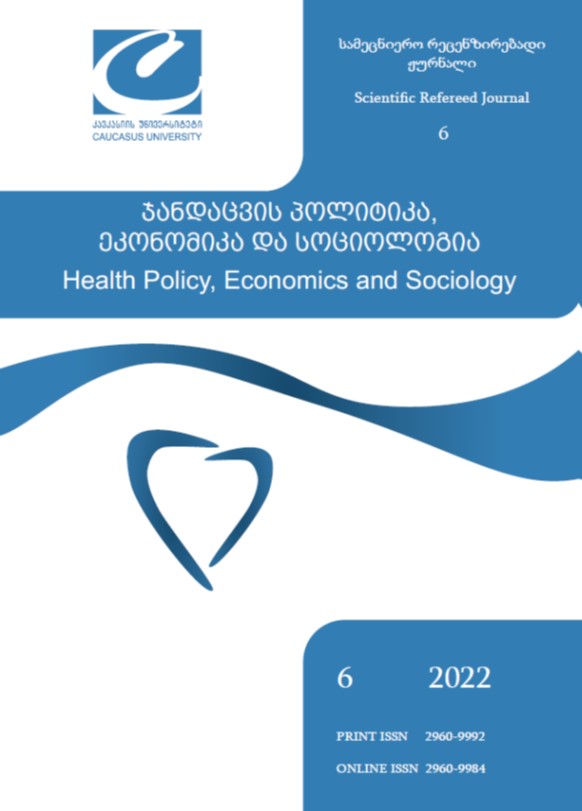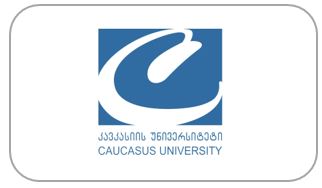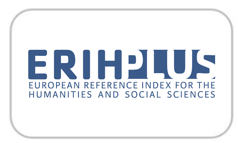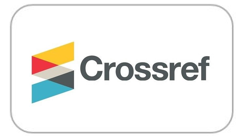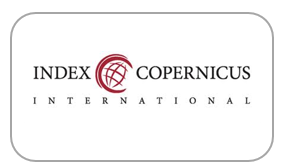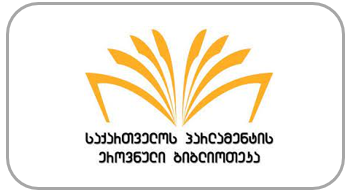Covid-19-ის საწინააღმდეგო ვაქცინისადმი უნდობლობა: აცრის გადაწყვეტილებასთან დაკავშირებული ბარიერები
საკვანძო სიტყვები:
Covid-19, ვაქცინაცია, ვაქცინისადმი უნდობლობა, ვაქცინის უსაფრთხოება, ვაქცინის ეფექტურობაანოტაცია
კოვიდ-19-ის პრევენციის ერთ-ერთი ყველაზე ეფექტური გზა ვაქცინაციაა. ვაქცინისადმი ყოყმანი და უნდობლობა გლობალური გამოწვევაა. კვლევის მიზანია Covid-19-ის საწინააღმდეგო ვაქცინისადმი უნდობლობის და ვაქცინაციის გადაწყვეტილების მიღების შემაფერხებელი ბარიერების შესწავლა. 10 რესპონდენტთან, რომლებიც არ იყვნენ Covid-19-ის საწინააღმდეგო ვაქცინით აცრილნი, ჩატარდა თვისებრივი კვლევა სიღრმისეული ინტერვიუების გამოყენებით. გამოიყო სამი ძირითადი კატეგორია, რომელიც აცრის სირთულეებს უკავშირდება: ნდობის ნაკლებობა (ეფექტურობის, უსაფრთხოების მიმართ), თვითკმაყოფილება (აღქმა, თოთქოს ვირუსი საშიში არ არის და არ გვავნებს, ან სულაც არ დაგვემართება) და არახელსაყრელობა (იმუნიზაციის სერვისის ხელმისაწვდომობის პრობლემა, დროის, მანძილის და სხვა ბარიერები). ამ კატეგორიების მიხედვით შეფასდა Covid-19-ის საწინააღმდეგო ვაქცინის ეფექტურობა, Covid-19-ის საწინააღმდეგო ვაქცინის უსაფრთხოება, ვაქცინის რეალური საჭიროება და მისი ვაქცინის ხელმისაწვდომობა. შედეგები. კვლევამ აჩვენა, რომ ადამიანების ვაქცინაციის გადაწყვეტილებაზე გავლენას ახდენს მისი ეფექტურობისა და უსაფრთხოებისადმი უნდობლობა, რეალური საჭიროებისადმი სკეპტიკური დამოკიდებულება. ამასთანავე, ისინი არ არიან უპირობოდ წინააღმდეგი და ნაწილობრივ აცრის ბენეფიტებსაც იზიარებენ. თუმცა, არ არიან დარწმუნებულნი იმუნიზაციის შედეგებში. აეჭვებთ მოკლე დროში შექმნილი ვაქცინის უსაფრთხოება. გვერდითი ეფექტებისა და ჯანმრთელობაზე უარყოფითი გავლენის რისკიც არანაკლები შფოთვის მიზეზია.
ჩამოტვირთვები
გამოქვეყნებული
როგორ უნდა ციტირება
გამოცემა
სექცია
ლიცენზია

ეს ნამუშევარი ლიცენზირებულია Creative Commons Attribution-ShareAlike 4.0 საერთაშორისო ლიცენზიით .
